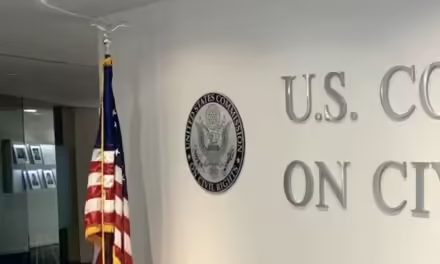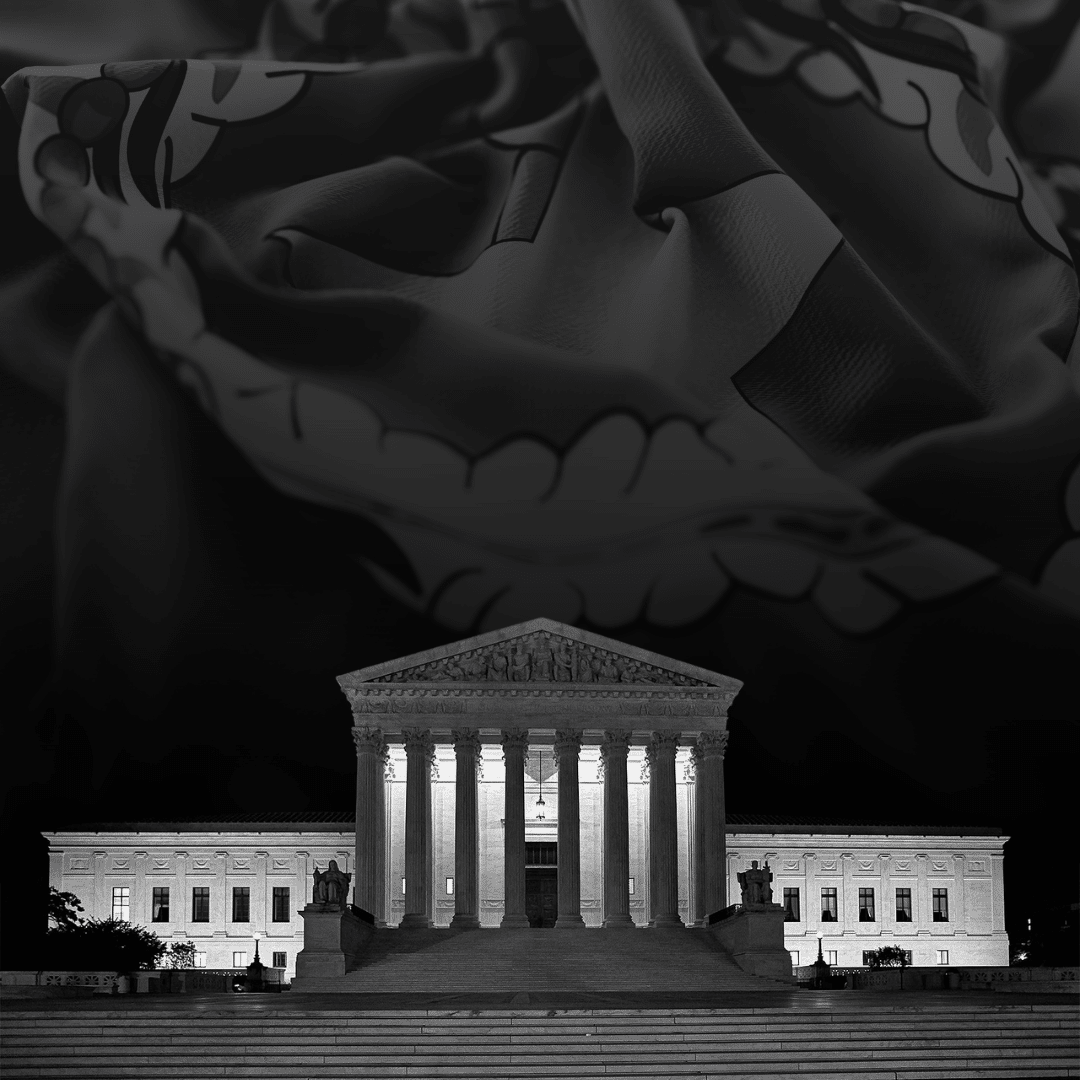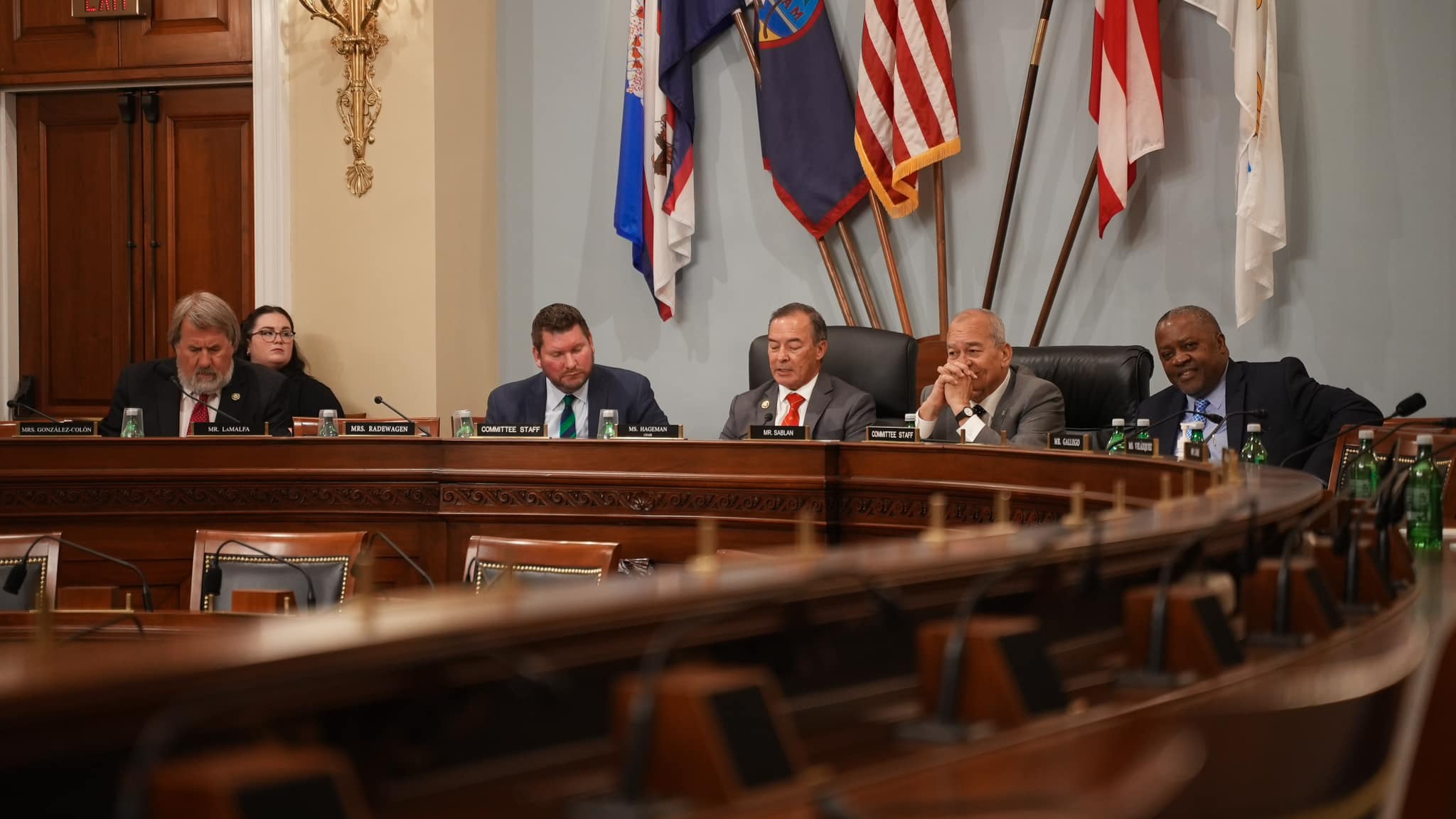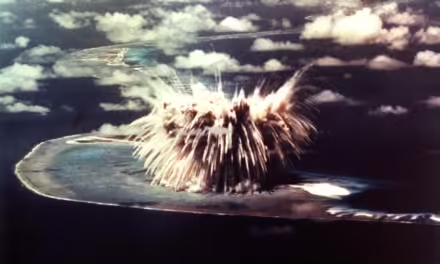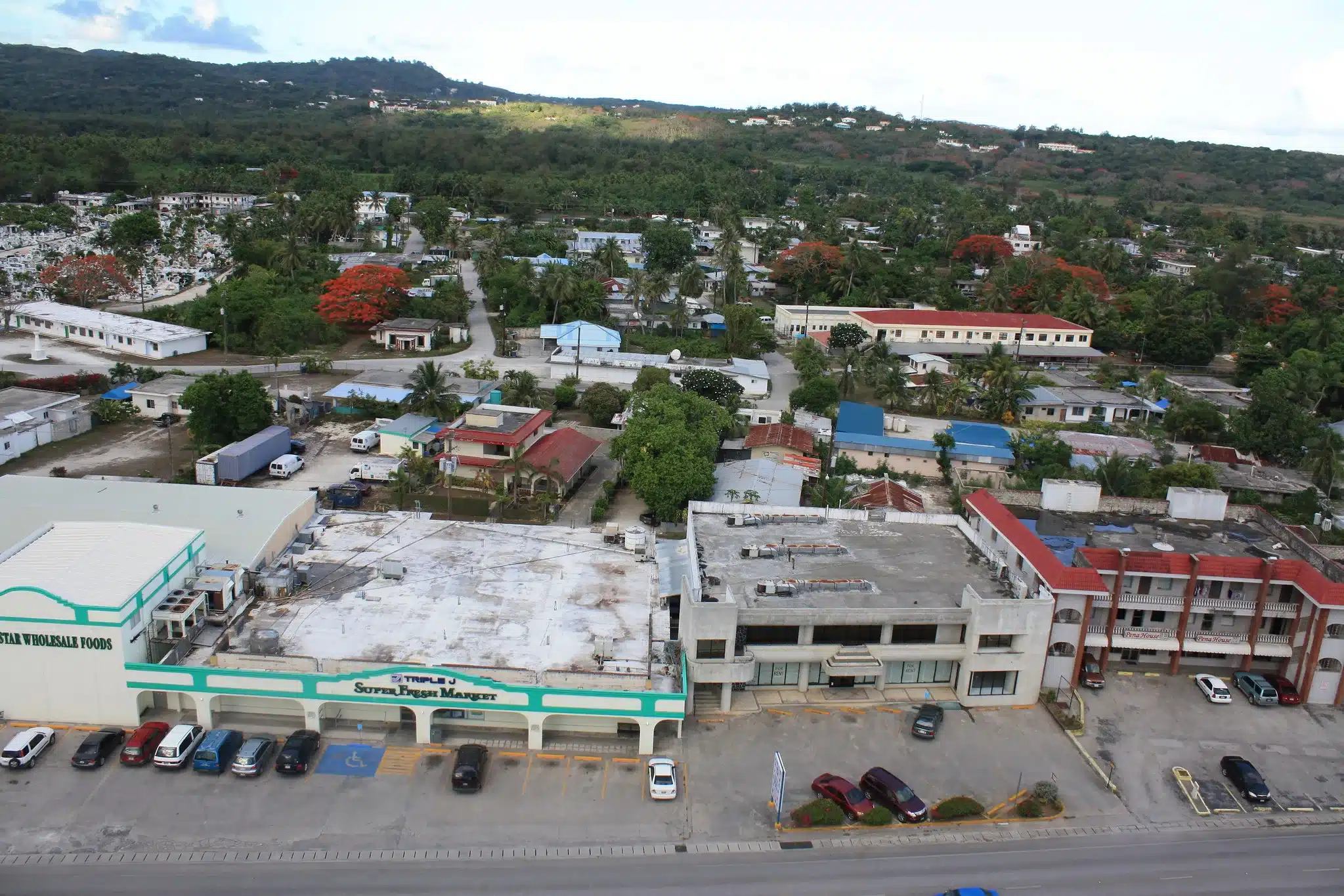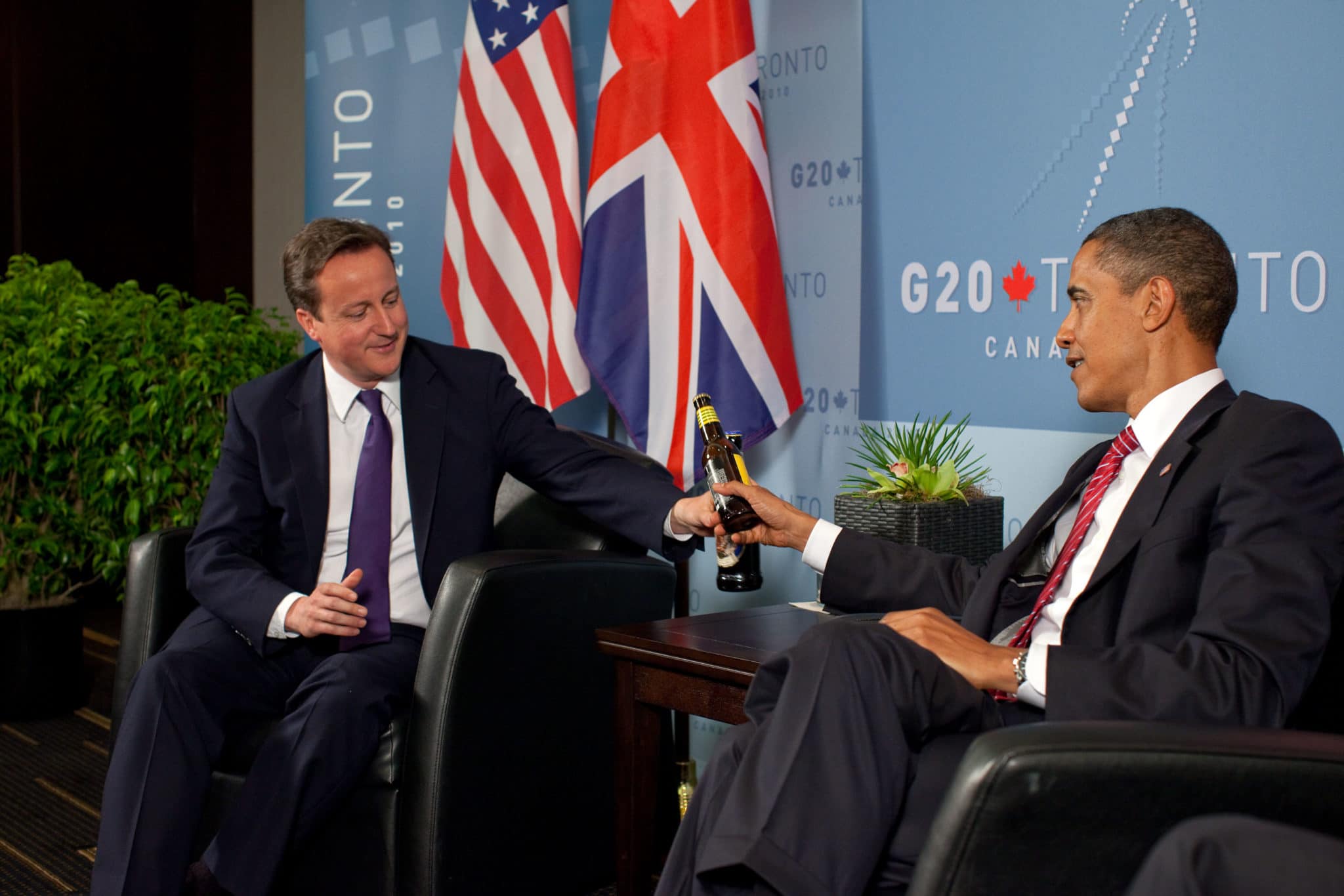God help Puerto Rico… #muniland
— Cate Long (@cate_long) September 16, 2013
With that tweet Reuters columnist Cate Long has summed up the general sentiment about the Puerto Rican economy, which according to recent reports, shows no signs of improvement. In fact, most economic indicators are down, despite all efforts from the government to change the tone of the conversation.
This week the government finally released its Comprehensive Annual Financial Report (there was an unexplained 5 month delay in its release) which revealed a ballooning deficit during the 2011-2012 fiscal year, and the consequences of the practice in the territory of issuing new debt to pay off old debt, without seeking a recurring payment source.
The release of the report prompted the tweet from Long, and the markets’ reaction was just as bad. Local investors in Puerto Rico have seen unprecedented losses in the past 90 days, as they announced in the aftermath of the report, which compounded bad news that began some weeks ago with a flurry of bad reports that highlighted the challenges that Puerto Rico faces.
Not helping the situation is that instead of clarifying its measures to address the fiscal issues the territory faces, the government has instead resorted to attacking publishers. Governor Alejandro Garcia Padilla recently called Barron’s report on Puerto Rico a “botched” work that was due to a hidden “political agenda.”
Sergio M. Marxuach, from the Center for a New Economy analyzed the CAFR, and concluded that the “fiscal base of the socioeconomic system in Puerto Rico has eroded, and continues to do so at a significant rate.” In a blog post, Marxuach writes that they cannot blame a single party or administration for the fiscal problems since they are a result of decades of bad administration.
All factors considered, including the unfunded liabilities in the pension systems of public workers, the mass exodus of Puerto Ricans to the mainland, a decrease in collections compared to last year, the increase in bankruptcy filings, the decrease in cement sales, the criticized government’s handling of the crisis, and the clear message from Congress that they will not come to the rescue, analysts do not expect a downgrade in Puerto Rico’s credit rating.
That said, credit ratings agencies’ patience may not last long, making it imperative that the government make sure there are some signs of improvement. Revenue projections must be met, and the economic indicators must stop their rapid downward trajectories. While not all news are bad, some revenue projections are being met, it has become evident to economists and analysts across the board that drastic change is needed, leading some like former Secretary of State Kenneth McClintock to emphasize that a status change is a step in the right direction.

